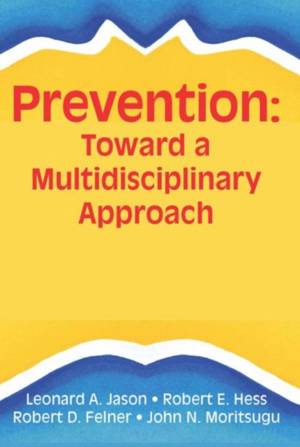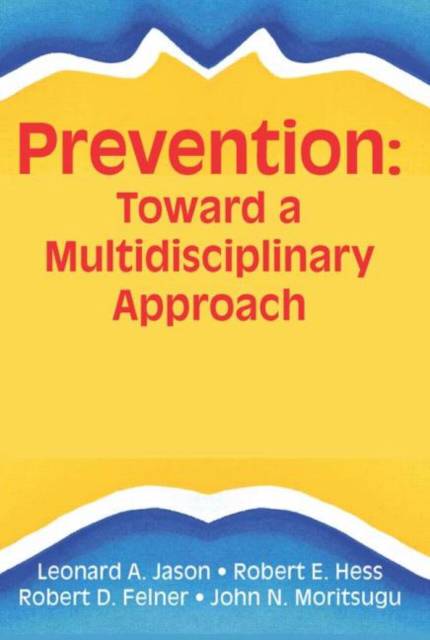
- Retrait gratuit dans votre magasin Club
- 7.000.000 titres dans notre catalogue
- Payer en toute sécurité
- Toujours un magasin près de chez vous
- Retrait gratuit dans votre magasin Club
- 7.000.0000 titres dans notre catalogue
- Payer en toute sécurité
- Toujours un magasin près de chez vous
Description
This provocative volume offers an enlightening look at mental health consultation as a preventive service. To enhance the prospects of consultation being preventive, consultation is defined as an ecological enterprise. Although attention is given to outcomes, process is the key in this book. This beneficial volume presents ten valuable principles to guide the work of a consultant, plus case studies representing different topics--self-esteem of high school students in rural Oregon, child abuse prevention in a rural and urban setting in Iowa, a junior high school consolidation in Maryland, and preventive services for Lutheran congregations in Minnesota. Each of the authors of the four case examples in their actual consultation and in their descriptions of their consultation have extended and elaborated what it means to think ecologically. Following an unusual format, the comments from the recipients of the interventions described in the case studies have been included as a reminder that prevention, in its truest spirit, involves partnerships, that "subjects" or "consultees" have feelings and opinions about their participation, and that subjective data are as important as objective data.
Spécifications
Parties prenantes
- Auteur(s) :
- Editeur:
Contenu
- Nombre de pages :
- 320
- Langue:
- Anglais
- Collection :
Caractéristiques
- EAN:
- 9780866566230
- Date de parution :
- 09-02-87
- Format:
- Livre relié
- Format numérique:
- Genaaid
- Dimensions :
- 148 mm x 210 mm
- Poids :
- 520 g

Les avis
Nous publions uniquement les avis qui respectent les conditions requises. Consultez nos conditions pour les avis.






